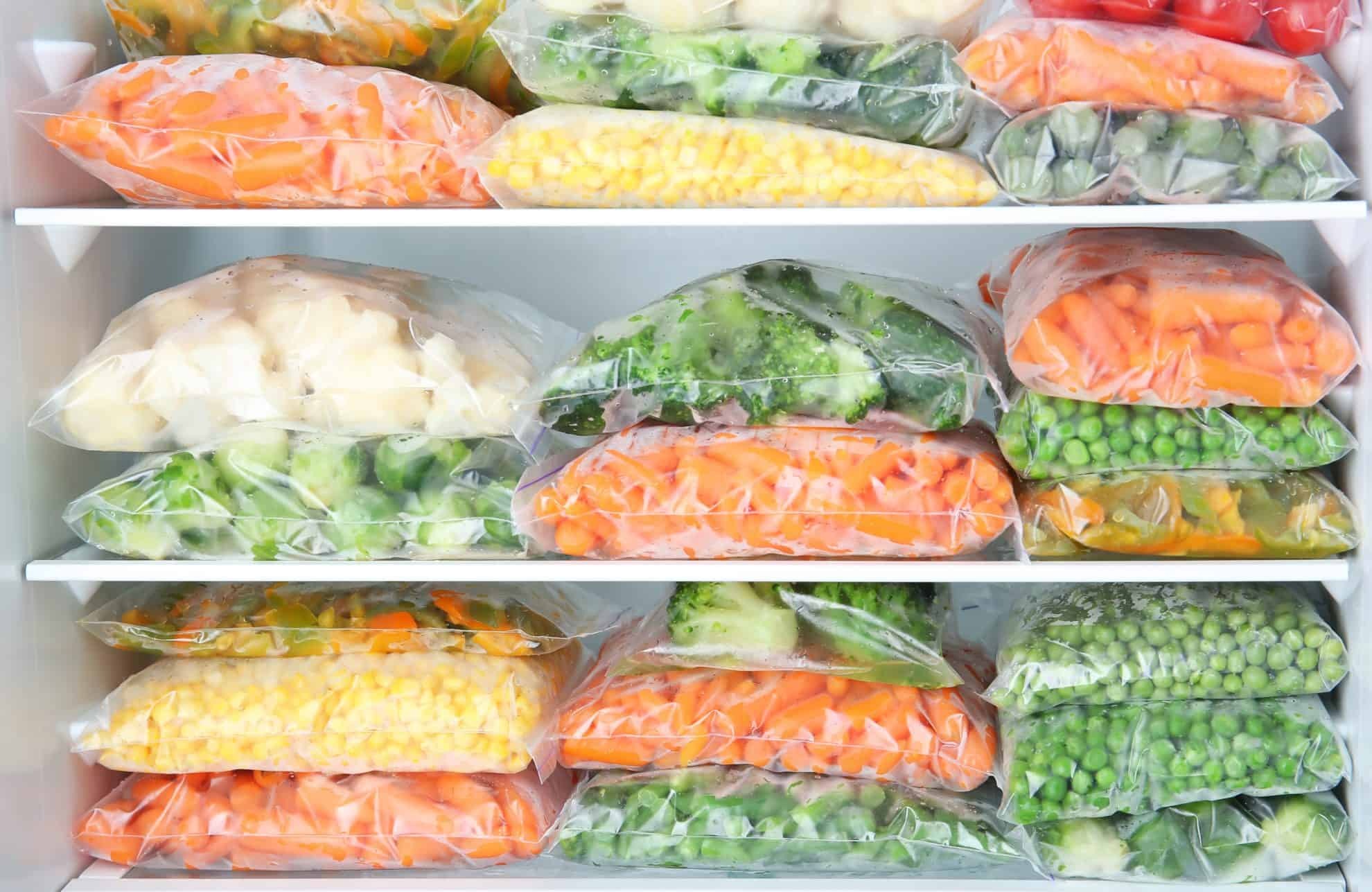

Frozen Food Side Effects:
In today’s fast-paced lifestyle, the demand for frozen foods is rapidly increasing. These convenient options can be easily prepared and consumed, making them a popular choice for people with busy schedules. However, most health experts advise against consuming such foods because they can have a direct impact on your health. Let’s explore the potential side effects of consuming excessive frozen foods.
The Hazards of Frozen Food
1. Harmful Chemicals in Packaging
The packaging of frozen foods typically involves the use of plastics or other chemicals to maintain the freshness of the food. These chemicals can release gases and other chemical substances that can affect our physical well-being. This can increase the risk of severe diseases like cancer.
2. Reduced Natural Taste
You might have noticed that frozen foods don’t quite match the taste of fresh ones. The reason behind this is the substantial use of preservatives to maintain the taste and quality of frozen foods over time. These preservatives can significantly alter the flavor of the food.
3. Nutritional Deficiency
During the process of making frozen foods, many nutrients are lost. So, even if you consider these foods as a part of a healthy diet, they might fill your stomach but not provide your body with essential nutrients. This nutritional deficiency can lead to health issues over time.
4. Risk to Heart Health
Frozen foods often contain excessive amounts of salt and trans fats. High salt content can lead to increased blood pressure, which, in turn, increases the risk of heart attacks. Moreover, such foods can contribute to obesity and diabetes.
Conclusion
In today’s busy world, it’s tempting to rely on frozen foods for quick and convenient meals. However, it’s crucial to understand the potential risks associated with excessive consumption. To maintain good health, it’s recommended to incorporate fresh, natural foods into your diet whenever possible.

 Share
Share



